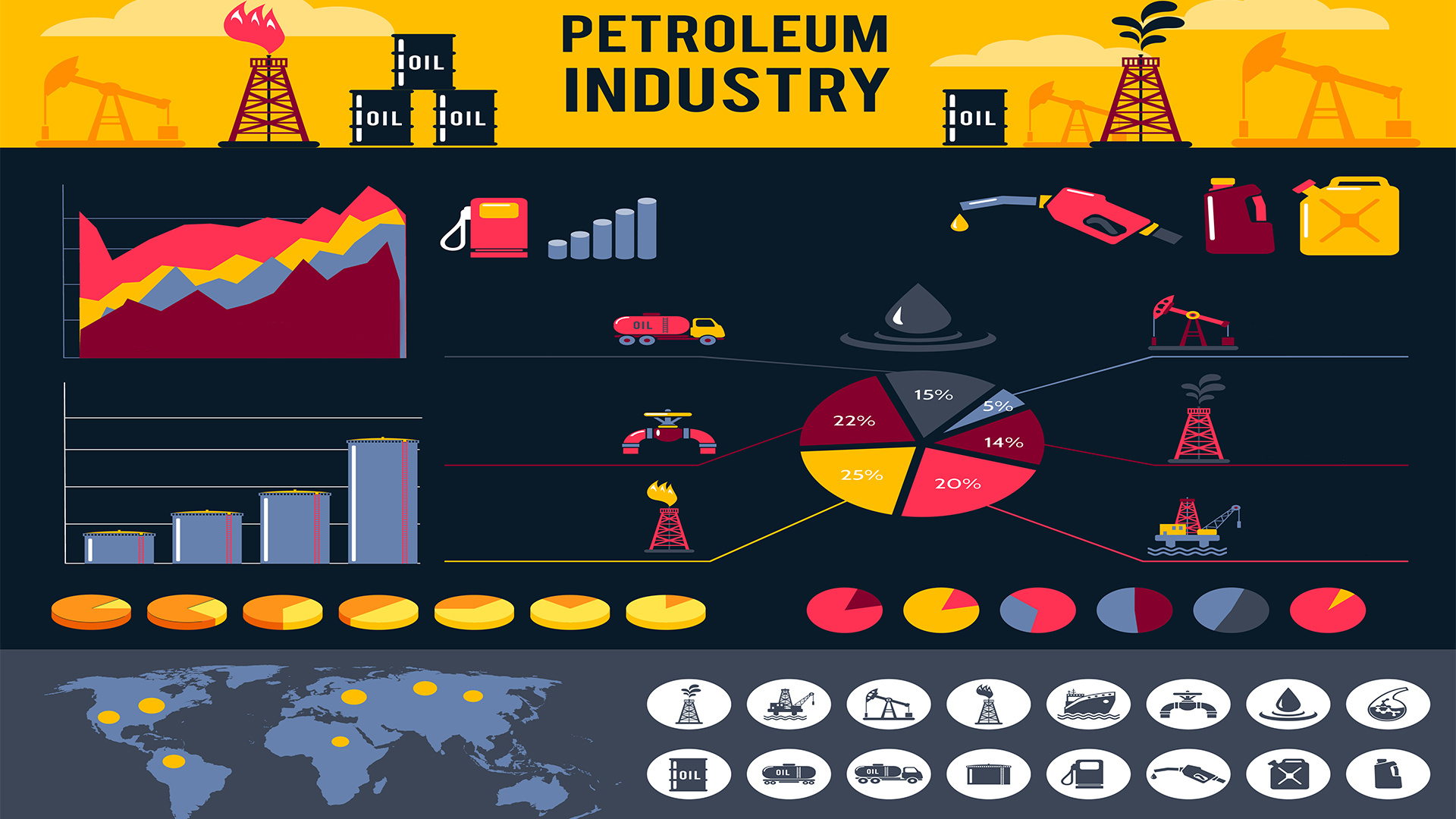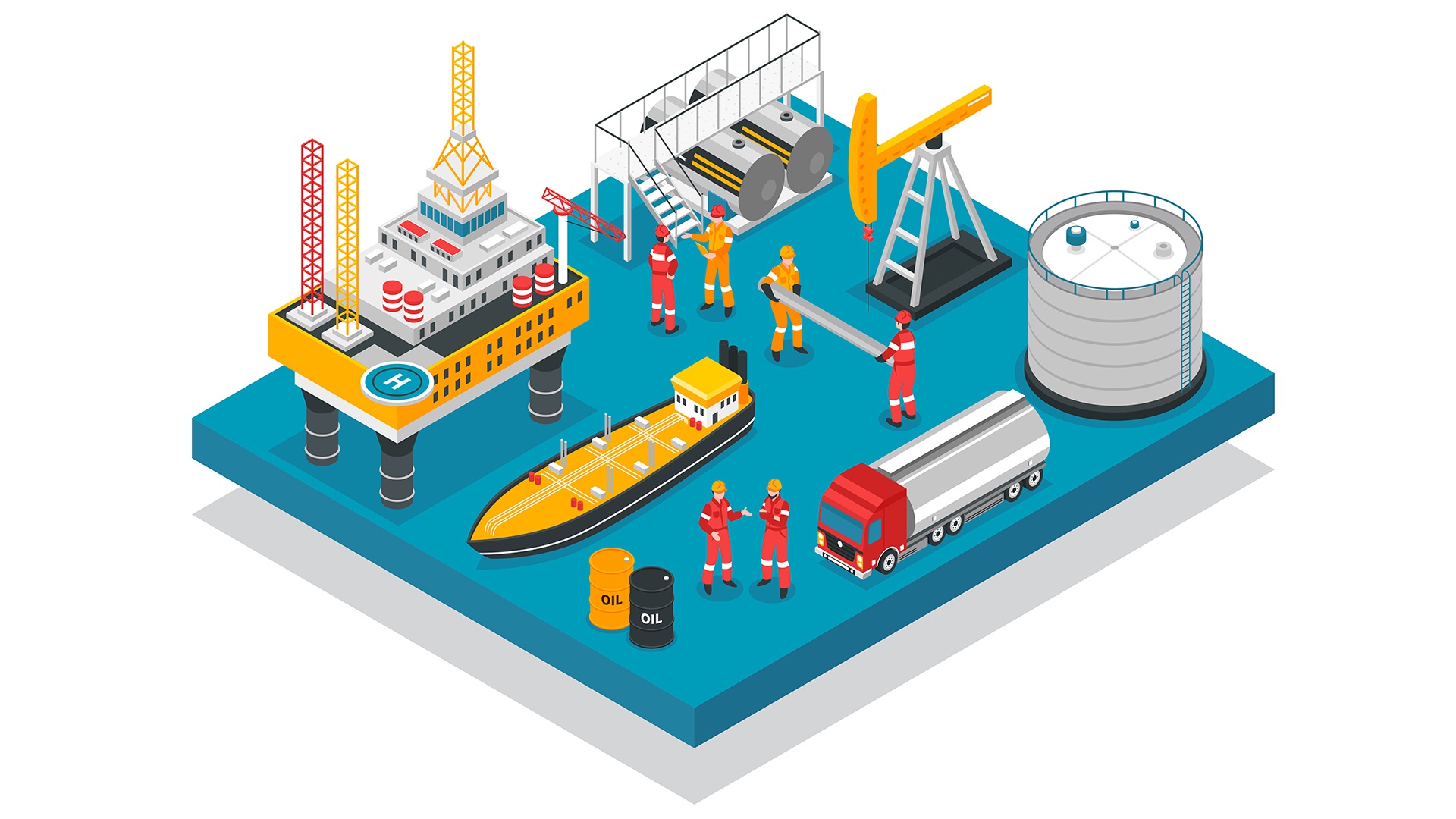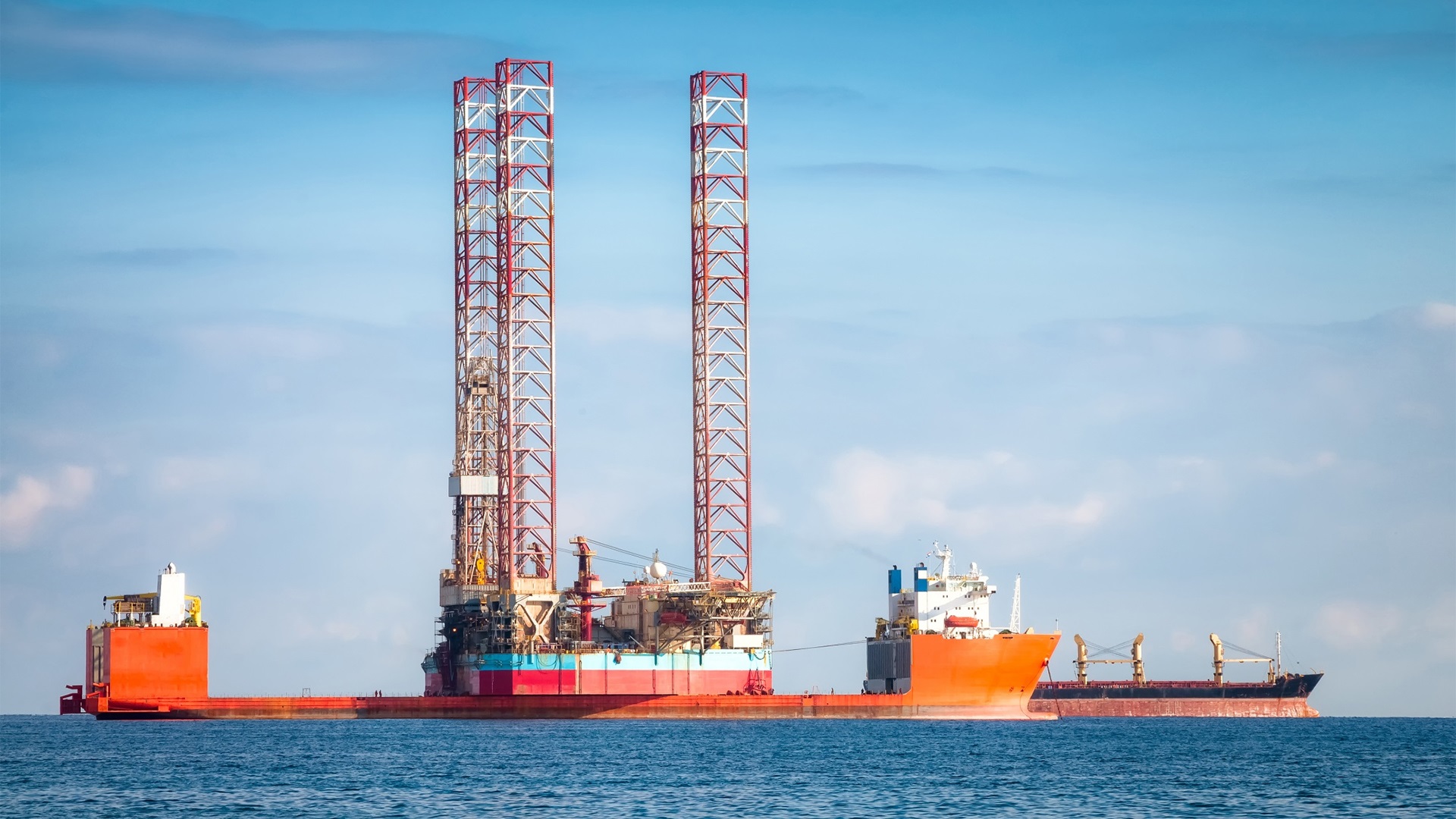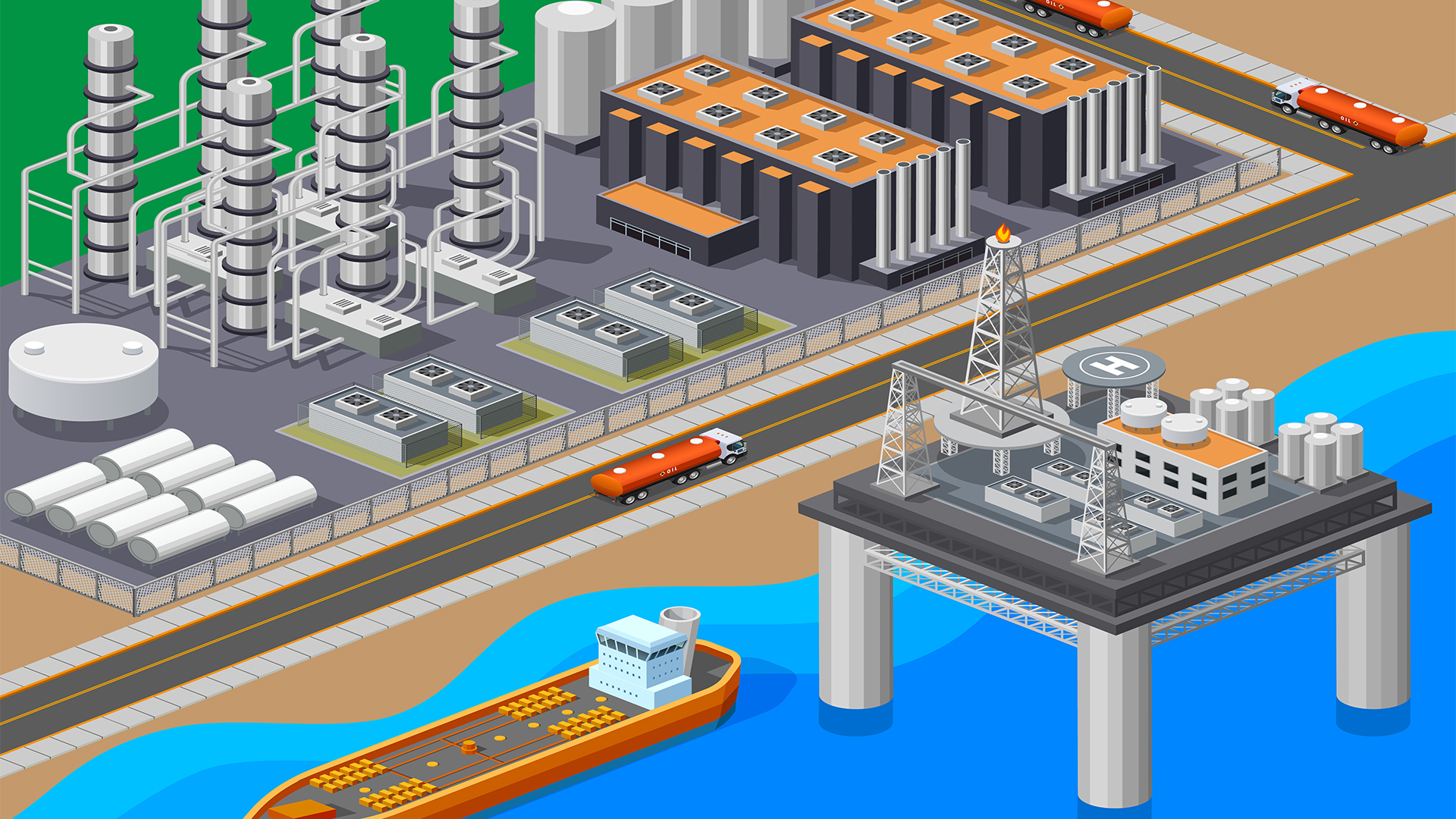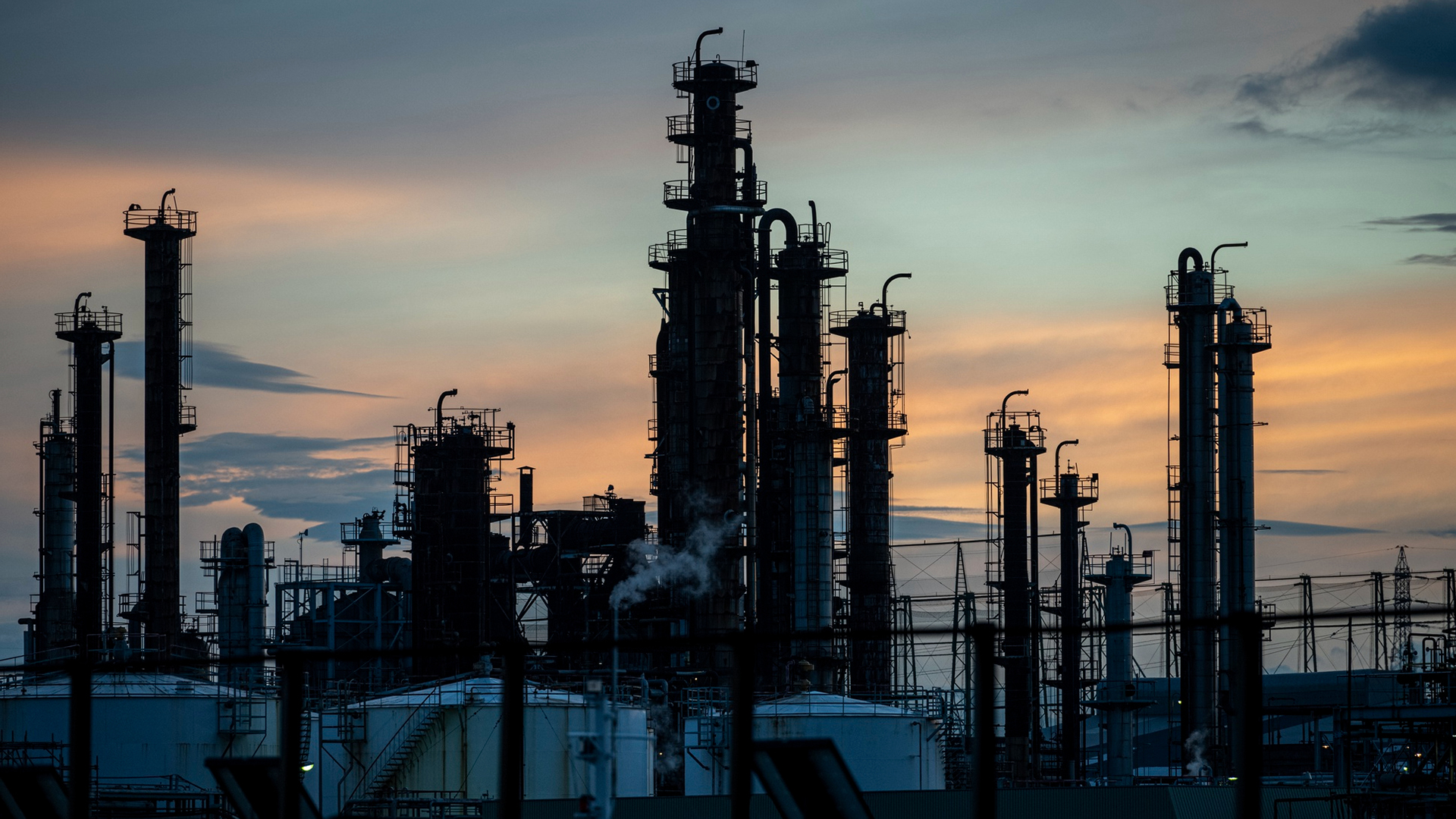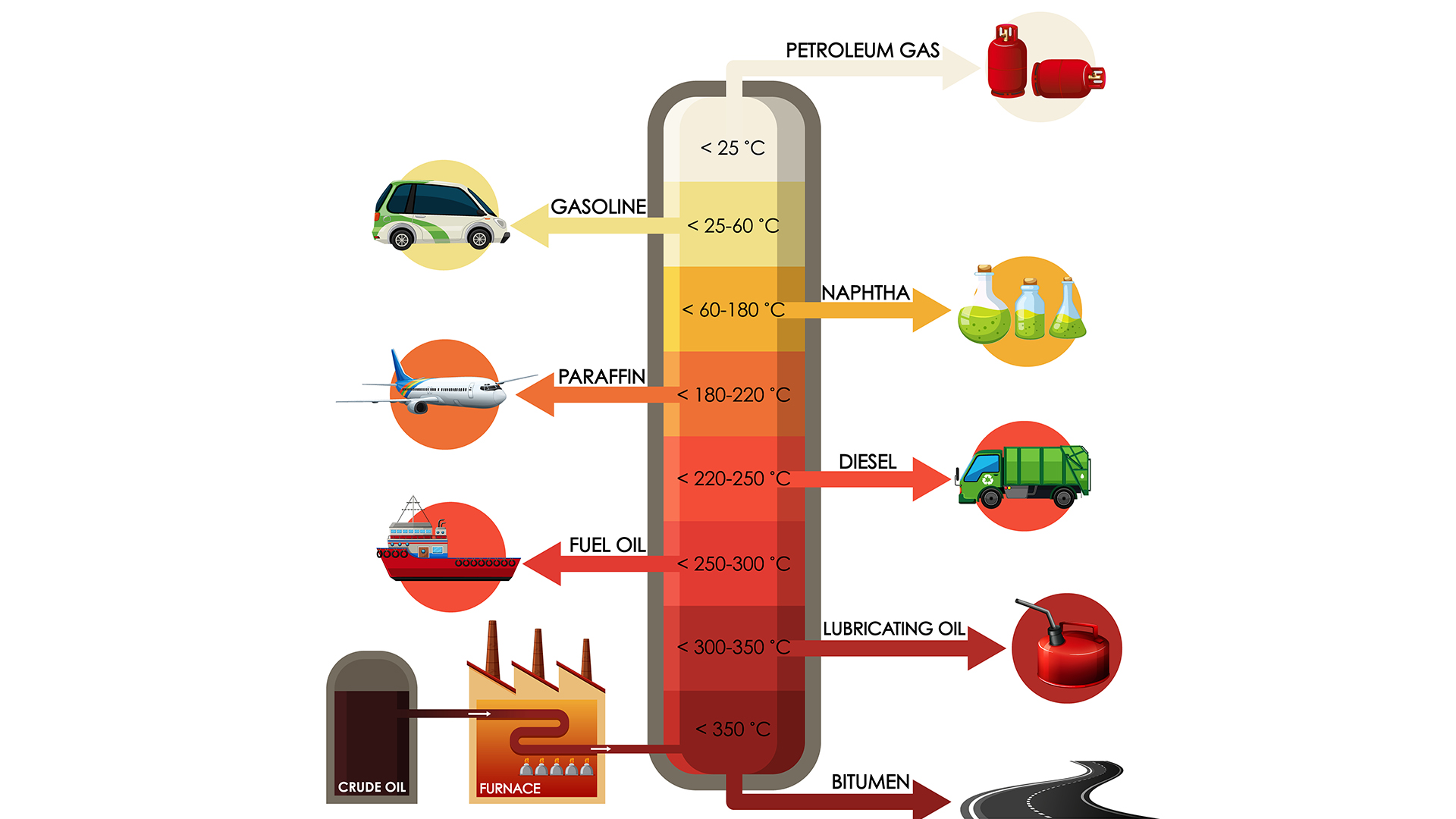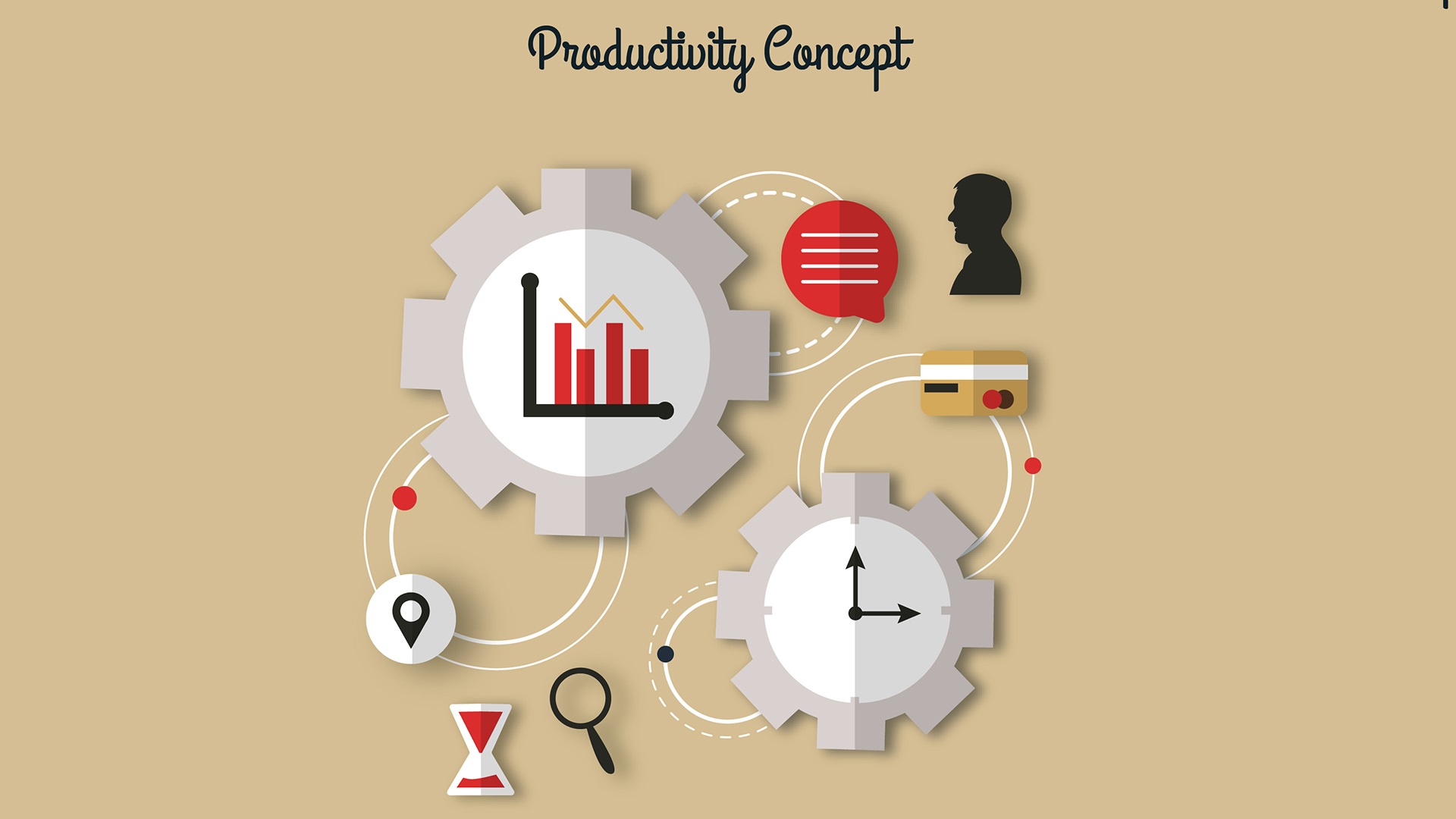
Unraveling The Fundamentals Of Oil & Gas E&P
Course overview
What role do the oil and gas industry’s exploration and production processes play? The performance of the entire supply chain depends on the oil and gas industry’s upstream sector, which comprises exploration and production. Throughout the many tasks of this sector, these processes include considerable coordination and affiliation with numerous vendors and joint-venture partners. In this supply chain area, contracts and enormous amounts of analytical data are typically required. The initial phase in this industry is exploration, which entails finding potential locations for well drilling in order to collect crude oil, which is subsequently treated and processed to make various products of crude oil.
Participants will gain the knowledge, skills, and exposure necessary for a significant portion of the upstream oil and gas industry—exploration and production—through this Training Bee training course. You will be able to successfully fill any position in the oil and gas processing industry with the knowledge and abilities you get from taking this course, which will increase your opportunities for skill development and career advancement. Additionally, considering the potential of the oil and gas business, completing this course and gaining the necessary skills and expertise would be essential to achieving a global platform and a successful career.
Introduction
The “Fundamentals of Exploration and Production (E&P) of Oil and Gas” course is a pleasure to have you here. The appropriate exploration and production of oil and gas resources is essential to the energy sector’s ability to meet the world’s energy needs. The energy sector is a pillar of global progress and development. The purpose of this course is to provide you a fundamental grasp of the complexities and subtleties of the exploration and production (E&P) industry, from the identification of hydrocarbon deposits to their exploitation.
Our objective as you begin your educational journey is to provide you the fundamental know-how and proficiency required to successfully negotiate the challenges of oil and gas exploration and production. After completing this course, you will be well-equipped to help ensure that these essential energy resources are extracted ethically and effectively, ensuring that they may continue to power economies and civilizations all across the world. Greetings from the world of oil and gas E&P.
We are The Training Bee, a global training and education firm providing services in many countries. We are specialized in capacity building and talent development solutions for individuals and organizations, with our highly customized programs and training sessions.
Learning Objectives
Upon completing Fundamentals of Exploration and Production (E&P) of Oil and Gas, participants will be able to:
- Entire knowledge and information concerning production and exploration.
- The knowledge and skills to handle any problems that may arise within the oil and gas processing chain before they have a detrimental effect on the organization.
- The abilities and self-assurance needed to share best practices and mentor other experts on efficient upstream operations.
- Thorough knowledge of the oil and gas sector, including the entire lifecycle of oil and gas production.
- Adequate knowledge and abilities to use cutting-edge technology to streamline and speed up processes throughout the upstream supply chain.
- The understanding and awareness of the required compliance with international quality and worker safety standards given the nature of the sector.
Our Unique Training Methodology
This interactive course comprises the following training methods:
- Journaling – This consists of setting a timer and letting your thoughts flow, unedited and unscripted recording events, ideas, and thoughts over a while, related to the topic.
- Social learning – Information and expertise exchanged amongst peers via computer-based technologies and interactive conversations including Blogging, instant messaging, and forums for debate in groups.
- Project-based learning
- Mind mapping and brainstorming – A session will be carried out between participants to uncover unique ideas, thoughts, and opinions having a quality discussion.
- Interactive sessions – The course will use informative lectures to introduce key concepts and theories related to the topic.
- Presentations – Participants will be presented with multimedia tools such as videos and graphics to enhance learning. These will be delivered engagingly and interactively.
Training Medium
This Fundamentals of Exploration and Production (E&P) of Oil and Gas training is designed in a way that it can be delivered face-to-face and virtually.
Course Duration
This training is versatile in its delivery. The training can be delivered as a full-fledged 40-hour training program or a 15- hours crash course covering 5 hours of content each day over 3 days
Pre-course Assessment
Before you enroll in this course all we wanted to know is your exact mindset and your way of thinking.
For that, we have designed this questionnaire attached below.
- What do you currently know about oil and gas exploration and production (E&P)? Please give a concise summary.
- What are the main goals and procedures involved in exploration and production, and why are they vital to the oil and gas industry?
- Can you define the features and varieties of hydrocarbon reservoirs that commonly contain oil and gas? What kind of geological formations encourage the buildup of hydrocarbons?
- How are possible oil and gas deposits found during the exploration phase? What technologies are employed? Give some illustrations of exploratory methods.
- Describe the many techniques and technologies utilized to extract oil and gas from reservoirs during the production phase. What are the main obstacles to the production of oil and gas?
Course Modules
This Fundamentals of Exploration and Production (E&P) of Oil and Gas covers the following topics for understanding the essentials of the Agile Workplace:
Module 1 – A Summary of Fossil Fuels
- History
- Various fuels
- Forming procedure
- Petroleum reserves
Module 2 – Introduction to Petroleum Dynamics
- Petroleum history
- Geology of petroleum
- Various petroleum’s
- Element of the petroleum system
Module 3 – Production of Oil Life Cycle
- Evaluation and exploration.
- Development is good.
- Decommissioning/Abandonment
Module 4 – Various Oil Well Types
- Investigative wells
- Generative wells
- Geothermal/ geo-pressure wells
- Peeler wells
- A number of completion wells
- Pumping wells
- Auxiliary wells
Module 5 – Techniques for Drilling
- Rigs for drilling
- Drilling using percussion or cables
- Spinning drilling
- Drilling with rotary percussion
- Turbo and electro drilling
- Drilling with direction
Module 6 – Operations for Drilling
- Drilling methods
- Mud for drilling
- Cementation and casing
Module 7 – Strategies for Oil Recovery
- Pressure preservation
- Water overflowing
- Erroneous flooding
- Flooding with fire Steam injection
Module 8 – Processing of Natural Gas
- Absorption
- Fractionation
- Cycling
Module 9 – Required Contractor Activity Types
- Setting up the site
- Installation and erection
- Working underwater
- Repairs and upkeep
- Hired services
- Technological and engineering
Post-course Assessment
Participants need to complete an assessment post-course completion so our mentors will get to know their understanding of the course. A mentor will also have interrogative conversations with participants and provide valuable feedback.
- Describe the significance of reservoir management and how it helps to ensure effective oil and gas production. Discuss specific reservoir optimization techniques.
- How has the training helped you better grasp the issues and problems related to the environment in E&P activities?
- What role does regulatory compliance play in E&P activities? Give instances of pertinent laws and norms that regulate the sector.
- Consider how your knowledge and abilities from the course can be put to use in actual E&P situations. Describe a potential E&P project and the factors you would take into account.
- What did you find to be the most beneficial or enlightening components of the course, and how do you intend to use this knowledge to your professional work in the oil and gas sector?
Lessons Learned
Vitality of Energy: Participants have grasped the significance of oil and gas in supplying the world’s energy requirements. They are aware that sustaining economies and society depends on the ethical research and development of these resources.
Insights into Hydrocarbon Reservoirs: A thorough comprehension of hydrocarbon reservoirs has been attained. Participants are able to distinguish between distinct reservoir types and geological formations while also understanding how reservoir characteristics affect exploration and production tactics.
Exploration Proficiency: Participants are knowledgeable about the many technologies and exploration methods employed by the sector. They are able to name the equipment and procedures used to find oil and gas reserves.
Production Knowledge: The course has given participants an understanding of production techniques, technology, and typical difficulties in the extraction of oil and gas. They are equipped to handle the challenges presented by well operations.
Lifecycle Awareness: The entire well lifecycle has been investigated, from discovery through abandonment. Participants are aware of the various tasks and factors involved in each step, which emphasizes the significance of effective well management.
Competence in reservoir management: It’s important to understand the importance of reservoir management. Participants understand how it affects production optimization and can put methods to use to increase hydrocarbon recovery.

